 Although we can’t currently offer a cure for Alzheimer’s, we can provide better information and advice to people with the disease (and their caregivers) to help improve their ability to live and cope with this challenging disease. This groundbreaking book shows how to start making a difference during the initial evaluation and beyond. Treating every assessment as more than a simple diagnostic process, Whole Person Dementia Assessment sets the stage for more constructive interventions, better care, and a higher quality of life throughout the disease process by providing a richer understanding of the person and the way the disease is affecting him or her.
Although we can’t currently offer a cure for Alzheimer’s, we can provide better information and advice to people with the disease (and their caregivers) to help improve their ability to live and cope with this challenging disease. This groundbreaking book shows how to start making a difference during the initial evaluation and beyond. Treating every assessment as more than a simple diagnostic process, Whole Person Dementia Assessment sets the stage for more constructive interventions, better care, and a higher quality of life throughout the disease process by providing a richer understanding of the person and the way the disease is affecting him or her.
Blending traditional clinical evaluation procedures with more person-centered approaches, Whole Person Dementia Assessment shows how to assess a person’s cognitive deficits while also discovering and emphasizing remaining strengths and abilities. Best-practice assessment tools are recommended and provided, including a comprehensive, whole-person interview form.
Backed by solid research findings, Dr. Benjamin T. Mast demonstrates that geriatricians, psychiatrists, psychologists, social workers, and long-term care providers who incorporate methods such as personal interviews, life review, and validation into their assessment processes, will substantially improve their ability to
- develop rapport with the person and family members
- collect more in-depth and valid assessment results
- identify cognitive and behavioral strengths and weaknesses
- recommend interventions
With Whole Person Dementia Assessment, professionals who care about the well-being of their patients and residents can now provide more productive consultations that will result in better outcomes. Take advantage of this new opportunity to help lighten the burden of a devastating disease.
About the Author
Foreword
Preface
Acknowledgments
Part I. Goals and Assumptions in Dementia Assessment
- The Role of Assessment in Understanding Dementia
- Can We Access People’s Experiences of Dementia?
- Whole Person Dementia Assessment Approach
Part II. Implementing a Whole Person Approach to Assessment
- Whole Person Dementia Assessment Techniques
- Interpreting Needs through Behavior and Nonverbal Communication
- Assessing the Caregiver
Part III. Presenting and Using Assessment Results
- Integration, Reporting, and Feedback
- Moving Toward Intervention: Living Optimally with Dementia
- Appendix 1: Whole Person Dementia Assessment Chart Review Form
- Appendix 2: Whole Person Dementia Assessment Interview Form
- Appendix 3: Cognitive Assessments by Domain
- Appendix 4: Quality of Life—AD
- Appendix 5: Pleasant Events Schedule—AD
- Appendix 6: Alzheimer’s Disease Knowledge Scale
- Appendix 7: Stigma Impact Scale
- Appendix 8: Values and Preferences Scale
References
Index
Benjamin T. Mast, Ph.D., is an Associate Professor in the Department of Psychological & Brain Sciences at the University of Louisville (Kentucky). Along with his doctorate degree in clinical psychology from Wayne State University (WSU), he also received research training at the WSU Institute of Gerontology. Dr. Mast’s research on dementia and depression in late life has been published in peer-reviewed journals including American Journal of Geriatric Psychiatry, International Journal of Geriatric Psychiatry, Journal of Gerontology: Medical Sciences, Journal of Gerontology: Psychological Sciences, The Gerontologist, Clinical Gerontologist, Aging, Neuropsychology & Cognition, Biological Psychiatry, and Clinical Neuropsychologist. He has also contributed a chapter to the Annual Review of Gerontology and Geriatrics. His awards include the New Investigator Award from the American Geriatrics Society and the Outstanding Graduate Mentor Award from the Kentucky Psychological Association.
In addition to teaching courses on clinical assessment, geropsychology, and adult and geriatric neuropsychology, Dr. Mast is a licensed clinical psychologist involved in the assessment of late-life cognitive decline and mood changes, particularly in connection with dementias such as Alzheimer’s disease and vascular and frontotemporal dementia as well as other cognitive syndromes such as mild cognitive impairment (MCI). He also teaches and supervises doctoral students learning to conduct assessment and psychotherapy with older adults who are experiencing cognitive decline and depression.
Dr. Mast is active in the Gerontological Society of America and the Council of Professional Geropsychology Training Programs. Working closely with the Alzheimer’s Association, he has also conducted workshops and presentations for health care professionals, professional caregivers, family caregivers, and people experiencing dementia.
 Although we can’t currently offer a cure for Alzheimer’s, we can provide better information and advice to people with the disease (and their caregivers) to help improve their ability to live and cope with this challenging disease. This groundbreaking book shows how to start making a difference during the initial evaluation and beyond. Treating every assessment as more than a simple diagnostic process, Whole Person Dementia Assessment sets the stage for more constructive interventions, better care, and a higher quality of life throughout the disease process by providing a richer understanding of the person and the way the disease is affecting him or her.
Although we can’t currently offer a cure for Alzheimer’s, we can provide better information and advice to people with the disease (and their caregivers) to help improve their ability to live and cope with this challenging disease. This groundbreaking book shows how to start making a difference during the initial evaluation and beyond. Treating every assessment as more than a simple diagnostic process, Whole Person Dementia Assessment sets the stage for more constructive interventions, better care, and a higher quality of life throughout the disease process by providing a richer understanding of the person and the way the disease is affecting him or her.
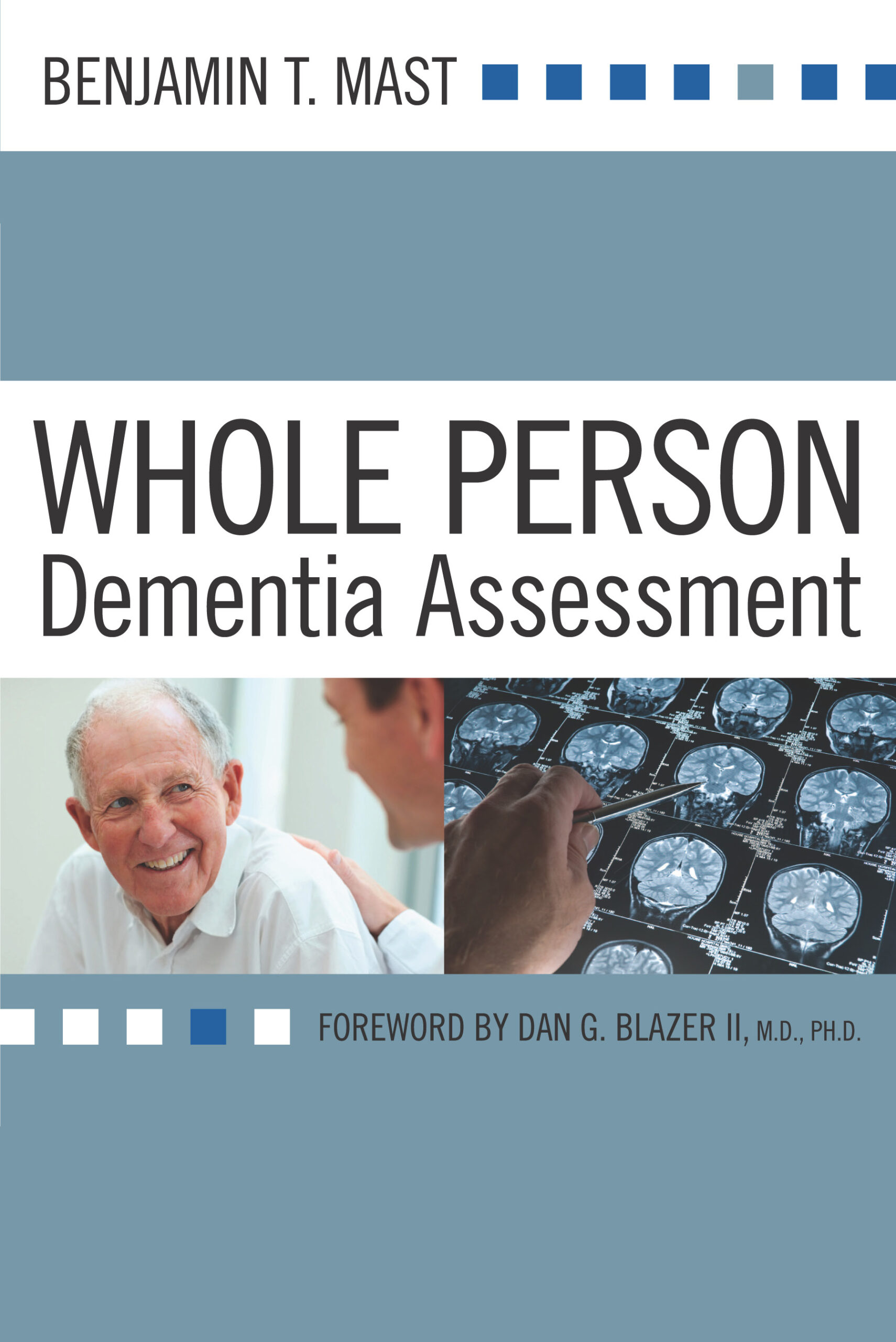
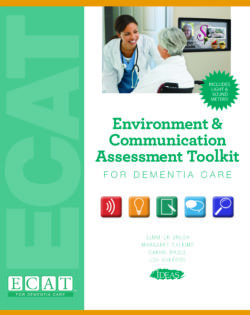
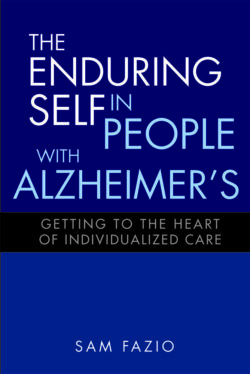
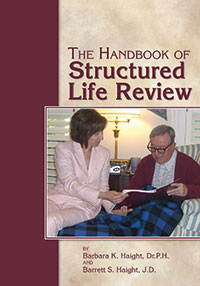
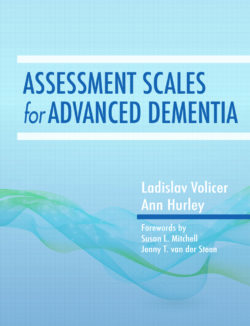
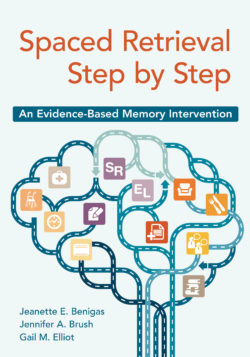
admin –
“I found this book so engrossing that I read through it in one sitting.”
-William E. Haley, PhD, Professor, School of Aging Studies, University of South Florida
admin –
“I found this book so engrossing that I read through it in one sitting . . . I highly recommend Whole Person Dementia Assessment for students and for practitioners who are interested in helping people with dementia and their caregivers live the best lives possible after a dementia diagnosis.”
-William E. Haley, PhD, Professor, School of Aging Studies, University of South Florida
admin –
“Dr. Benjamin Mast has made a remarkable and vital contribution to the field of aging and dementia with his Whole Person Dementia Assessment approach . . . Written in a straightforward manner, Dr. Mast makes the approach come alive with case examples, practical advice and thorough reviews of relevant literature, making it also an ideal book for student training.”
-Peter A. Lichtenberg, PhD, ABPP, Director, Institute of Gerontology, and Director, Merrill Palmer Skillman Institute, Professor of Psychology
admin –
“Dr. Mast is an expert in assessment and treatment of dementia, and in Whole Person Dementia Assessment, he has succeeded in integrating his scholarly knowledge and skill as an educator with his compassionate and personalized approach to dementia care.”
-Rebecca G Logsdon, PhD, Research Professor, Clinical Psychologist, Department of Psychosocial & Community Health, University of Washington
admin –
“This book reminds us of the importance of each patient encounter and how to use these interactions to improve the lives of people with dementia and their families . . . It should be required reading for students and practitioners in any clinical discipline who interact with older adults in general, and those with dementia in specific.”
-Ann L. Horgas, Ph.D., RN, University of Florida